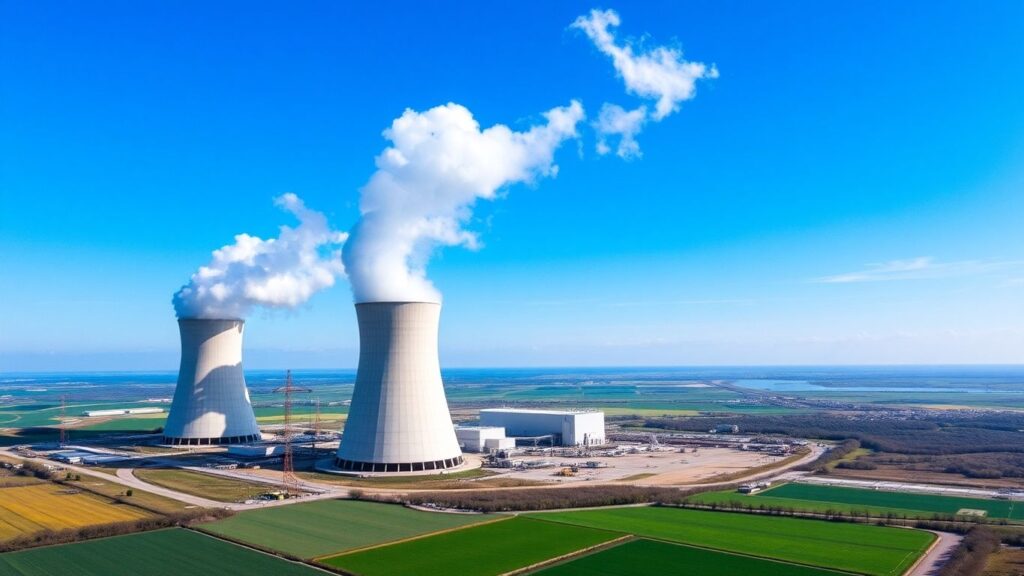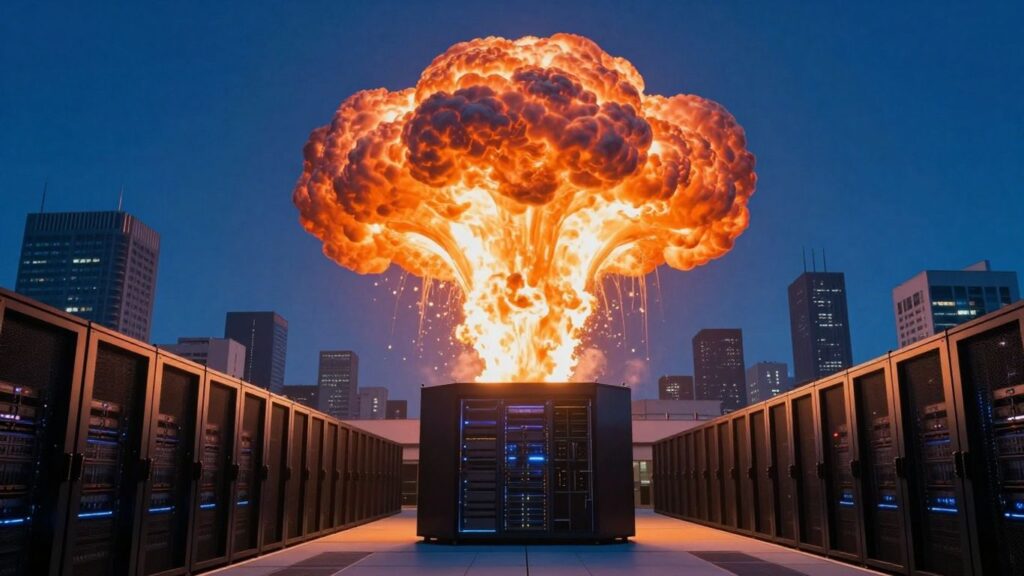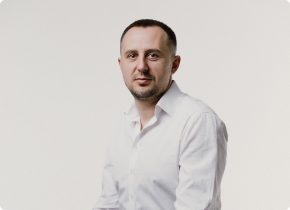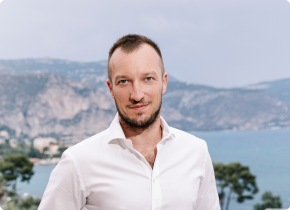The global landscape for Small Modular Reactors (SMRs) is experiencing unprecedented growth, with a significant increase in designs, licensing activities, and international cooperation. Recent reports highlight that SMRs are becoming a cornerstone of national energy strategies worldwide, driven by rising electricity demand, energy security concerns, and climate change mitigation goals. This surge indicates a pivotal role for SMR technology in shaping the future of clean energy.
Key Takeaways
- Rapid Design Advancement: 74 SMR designs are under active assessment, with 51 in pre-licensing or licensing stages across 15 countries.
- Increased Funding: An 81% rise in SMR designs securing funding or announcing commitments has been observed since the previous year.
- Global Collaboration: International initiatives are fostering knowledge sharing and regulatory harmonization for SMR deployment.
- Project Pipeline: Seven SMR designs are already operational or under construction, with a strong pipeline for first-of-a-kind deployments.
Global Expansion and Strategic Importance
The latest edition of the NEA Small Modular Reactor (SMR) Dashboard reveals a significant expansion in SMR development and deployment. NEA Director-General William D. Magwood, IV, stated that strategic drivers such as increasing electricity demand, particularly from data centers, energy security imperatives, and national carbon emission reduction goals are intensifying. Consequently, SMRs are now integral to the energy strategies of numerous countries globally.
The dashboard analyzes 74 SMR designs, assessing progress in licensing, siting, financing, supply chain readiness, and fuel. It indicates that 51 designs are involved in pre-licensing or licensing processes in 15 countries, with approximately 85 active discussions between developers and site owners worldwide. Funding commitments for SMR designs have seen an 81% increase since the last report.
International Initiatives and Regulatory Progress
International collaboration is a key feature of the SMR expansion. The International Atomic Energy Agency (IAEA) is actively expanding its global initiatives to boost knowledge of SMRs. An example is the SMR School, which has been conducted in regions like Asia and Africa, bringing together policymakers, regulators, and industry representatives to discuss the technical, regulatory, economic, and infrastructure aspects of SMR development. These workshops aim to support informed decision-making and build the necessary foundations for SMR deployment.
Furthermore, a European consortium developing the Eagles-300 lead-cooled SMR has signed an agreement with three regulators to commence a pre-licensing initiative. This move aims to improve standardization and harmonization for the reactor design, which is targeted for global commercialization by 2039.
Future Outlook and Capacity Growth
The IAEA projects that global nuclear capacity could more than double by 2050, with SMRs playing a pivotal role in this expansion. The agency has revised its projections upwards for the fifth consecutive year, indicating a growing global consensus on the indispensable role of nuclear power in achieving clean, reliable, and sustainable energy. The high-case projection suggests nuclear capacity could reach 2.6 times the 2024 level by 2050, with SMRs accounting for a significant portion of new capacity additions. The diversity of SMR designs offers a wide range of options for potential customers, though it also presents challenges for regulators and the industrial supply chain, highlighting opportunities for streamlining global supply chains and promoting standardization to enhance economic viability.
Key Takeaways
- Nuclear Energy Agency (NEA) – New NEA Small Modular Reactor Dashboard edition reveals global expansion of SMR
deployment, Nuclear Energy Agency (NEA). - European SMR Consortium Signs Agreement With Three Regulators To Begin Pre-Licensing Initiative, NucNet.
- IAEA Expands Global Initiative to Boost Knowledge of Small Modular Reactors, IAEA.
- IAEA Says Nuclear Capacity Could More Than Double By 2050, With SMRs Playing ‘Pivotal Role’, NucNet.
- NEA publishes new SMR Dashboard — ANS, American Nuclear Society.












